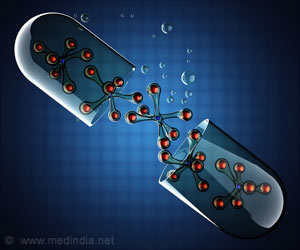Circassia Ltd announced the acquisition of a novel anti-rejection technology for use in organ transplantation.
Circassia Ltd, a specialty biopharmaceutical company focused on controlling immune system responses, announced the acquisition of a novel anti-rejection technology for use in organ transplantation.
Circassia acquired the proprietary technology, known as ToleroTrans, from The University of Birmingham in the UK for an undisclosed upfront sum, plus future milestone payments and royalties on product sales. Scientifically, the ToleroTrans approach mirrors that of Circassia's existing anti-allergy technology, by utilising T-cell epitopes to down-regulate patients' unwanted immune responses."The acquisition of the ToleroTrans anti-rejection technology provides us with a unique opportunity to expand our pipeline of next generation immune control medicines," said Steve Harris, Circassia's CEO. "Our current anti-allergy technology works via a very similar mechanism, meaning ToleroTrans fits perfectly within our scientific focus. I am delighted that we have completed this acquisition so soon after establishing Circassia earlier this year, and believe it will prove an important step in building a broad, world-class immune control company."
Organ transplantation is a complex medical undertaking, which requires careful tissue type matching between the donor and recipient to reduce the risk of rejection. Organ rejection can occur when the recipient's immune system reacts strongly to protein molecules, termed antigens, present on the cells of the donated organ. The ToleroTrans technology employs specific small portions of antigen molecules, called T-cell epitopes. Scientists then test these epitopes, utilising blood samples from patients awaiting organ transplantation, to determine which have the potential to desensitize the recipient's immune system, and thereby reduce the risk of rejection.
Source: PRNewswire
Source-Medindia
SRM /J





